Acupressure
Acupressure is one of the techniques of ancient Chinese medicine that combines mental relaxation with the relief of muscular tension. Acupressure consists of applying pressure with the fingers on points and meridians located throughout the body that offer benefits that we will detail below. Find out everything you need to know about this holistic technique.
All acupressure massage products
-
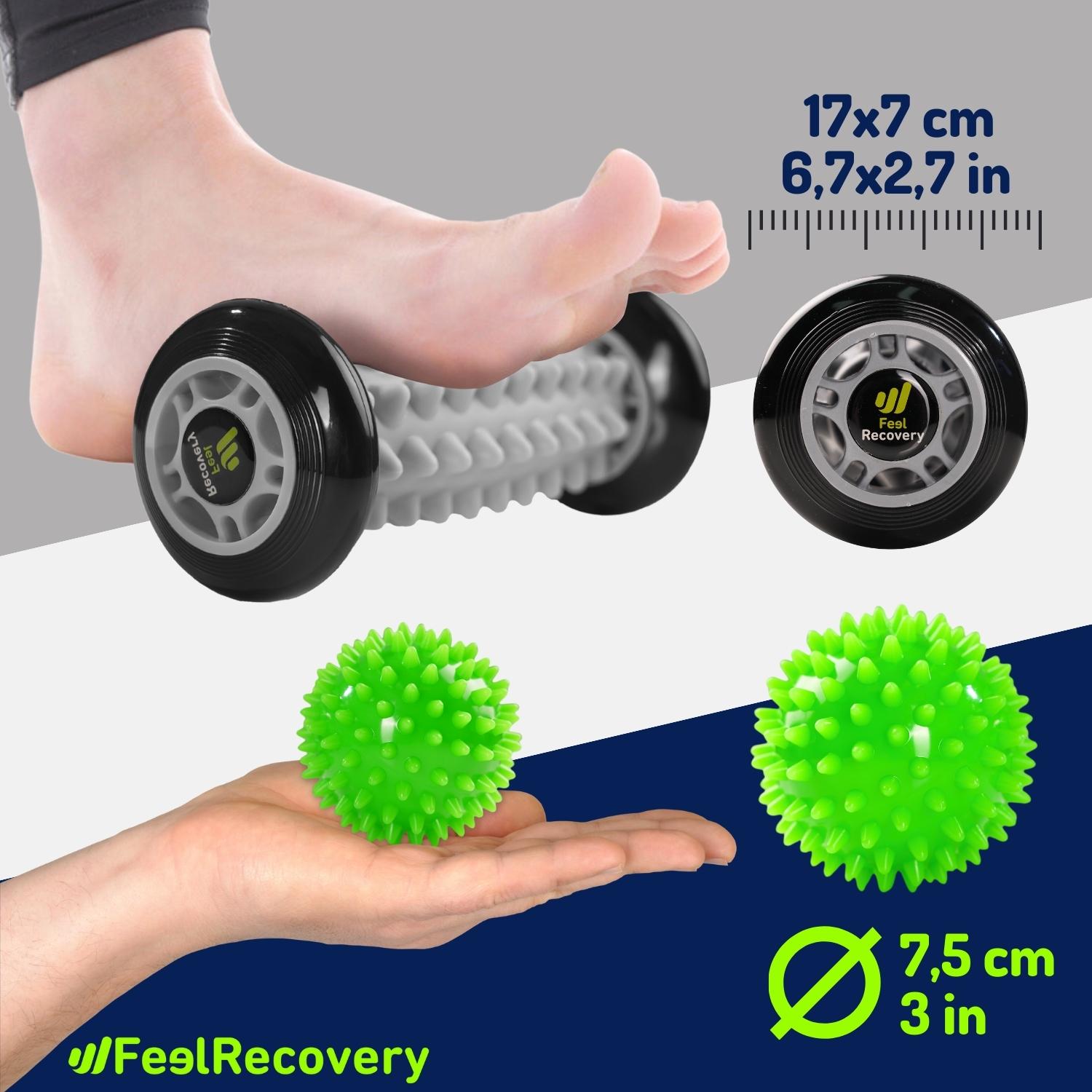
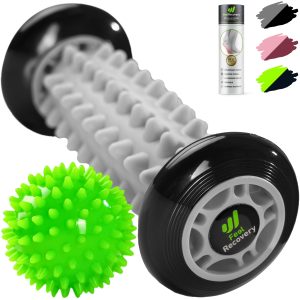
Foot Massage Roller for Plantar Fasciitis (Black)
£20,95 -
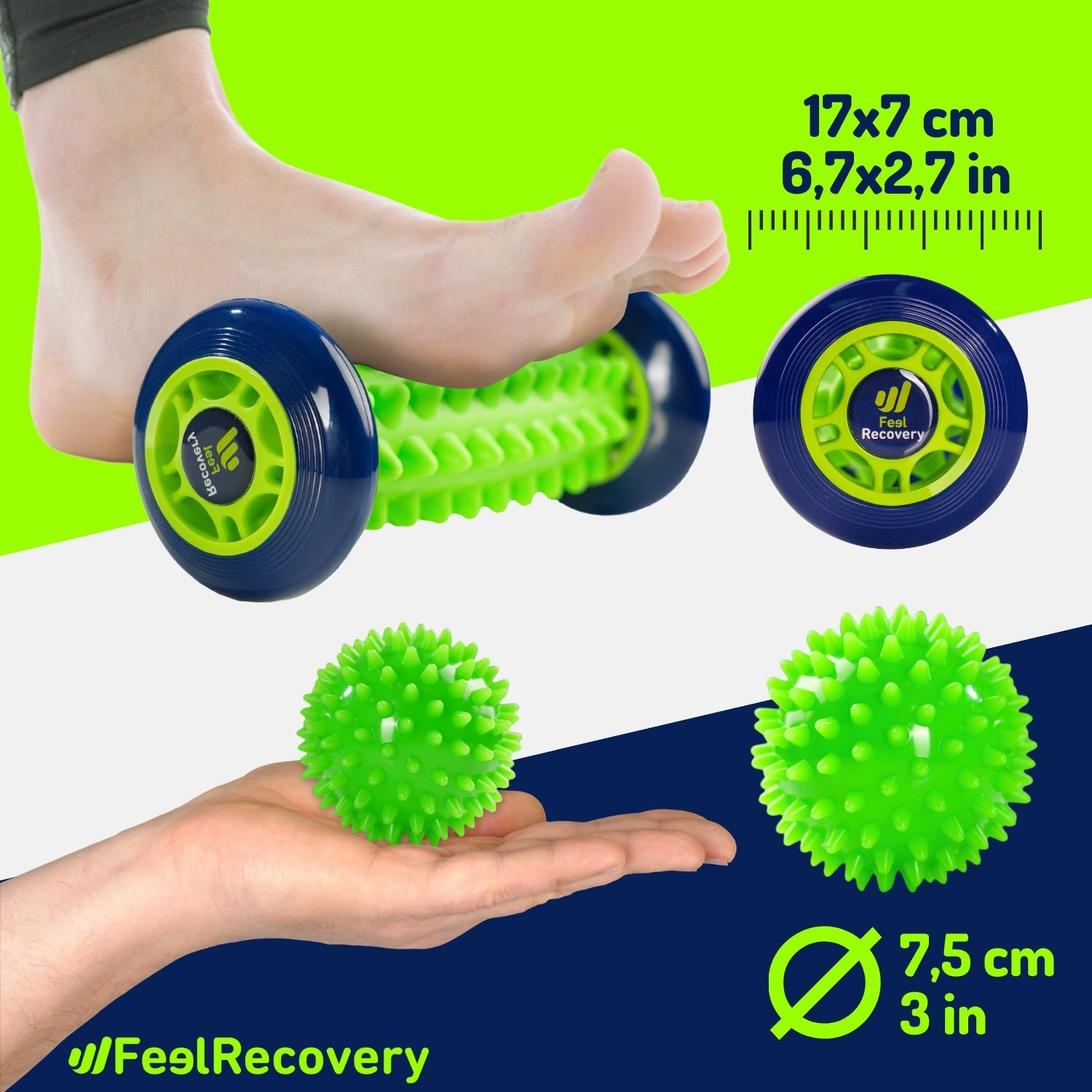
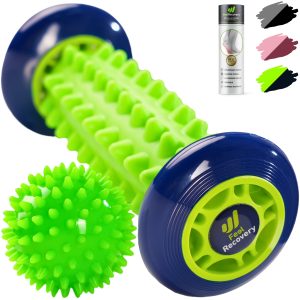
Foot Massage Roller for Plantar Fasciitis (Green)
£20,95 -
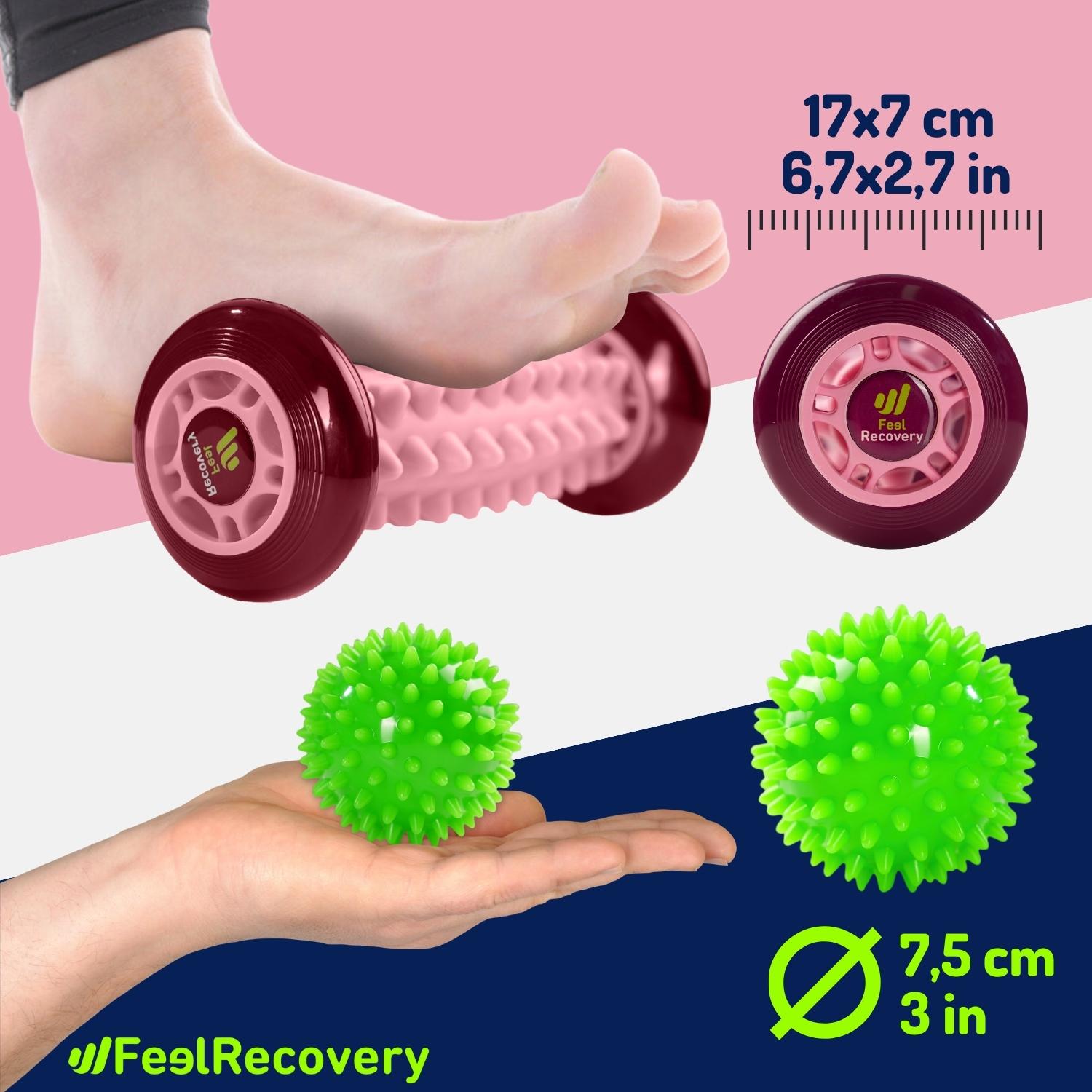
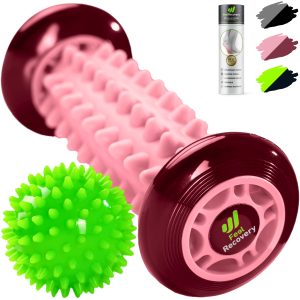
Foot Massage Roller for Plantar Fasciitis (Pink)
£20,95 -
Ice Massage Roller Ball (Black)
£34,95 -
Ice Massage Roller Ball (Green)
£34,95 -
Ice Massage Roller Ball (Pink)
£34,95 -
Soft Density Foam Roller for Recovery (Black)
£34,95 -
Soft Density Foam Roller for Recovery (Green)
£34,95 -
Soft Density Foam Roller for Recovery (Pink)
£34,95
Latest reviews
What is it?
What is it for?
Acupressure points
Health benefits
- Facilitates sleep and rest: Stress and anxiety cause insomnia in people. Acupressure drains accumulated energy and allows for better sleep and restful nights.
- Headache and migraine relief : Acupressure is better for migraines than muscle relaxation massages. This technique helps to calm thoughts and helps people find more solutions to their problems.
- Toothache relief: It is vital to clarify that acupressure does not eliminate the original tooth problem, it only relieves the pain while the person goes to a dentist to treat the damage. There are points on the jaw that fulfil this function.
- For nausea and vomiting: Although these are ailments that originate in the head and stomach, relief is achieved when various points on the hands and wrists are touched. This should be done with the thumbs. The favourable reaction is immediate.
- For constipation: The points on the abdomen will help to move the bowels until the accumulated stool finds its way out. Constipation is associated with stomach pain.
- To induce labour: There is not enough evidence linking acupressure directly to childbirth, only that it improves circulation and prevents fluid retention. There are specific points that should not be touched in pregnancy.
- Reduces anxiety: Stress, anxiety, fears and phobias are human characteristics that are regulated by touching seven main points on the head. Several sessions are required for a visible effect.
- Improves digestion: For better digestion, the points on the belly should be touched strongly and light strokes on the back at the level of the intestines should be generated. From the first session there are positive changes.
- Improves blood pressure: Hypertension is a condition that can be regulated with acupressure. It requires at least 8 weeks of sessions, each lasting 20 minutes. Various parts of the body are touched to regulate blood pressure.
- Helps reduce depression: Emotions such as depression activate areas in the brain that can be regulated with gentle finger touches. The change in attitude will be seen with consistent sessions.
- For heartburn: When heartburn is mild, where there is no reflux, it can be controlled by touching points on the chest and at the level of the diaphragm. If the sensation persists, do not hesitate to see a specialist.
- For plantar fasciitis: Fascia is a tissue that is all over the body, so the benefit of acupressure is total, not just on the sole of the foot. Although with acupressure mats you can stimulate just the foot for a quick result.
- For the sciatic nerve: The points that control this ailment are on the back. Care should be taken with them because pressure on the nerves can cause pain. The nerves are very sensitive to pressure generated by hands, and needles in the case of acupuncture.
- Muscle decontractor: By touching trigger points, you modulate the tension and irregular bunching of muscle fibres. You can improve whole muscle groups at once or a single muscle individually.
- Relieves muscle tension: In this holistic technique, tension is an accumulation of energy and the strength of the hands is used to make it flow better through the body. The less energy accumulated, the less tension and associated pain.
- Muscle contractures: Acupressure will help you to regulate muscle contractures and cramps. You can use this technique as a preventive measure if you play sports.
- Sports injuries: They are mainly used on the lower limbs, so in sports such as football or basketball the touch of these points leaves great benefits in chronic and mild injuries that have to do with inflammation, moderate pain and muscle exhaustion.
- Improved sporting performance: Like acupuncture, this modality allows the muscles to be prepared for the high demands of sport. It serves to warm up and cool down the body.
F.A.Q: Frequently Asked Questions
Best guides, tutorials & tips
Buy cheap acupressure kits & products
Showing all 11 resultsSorted by popularity

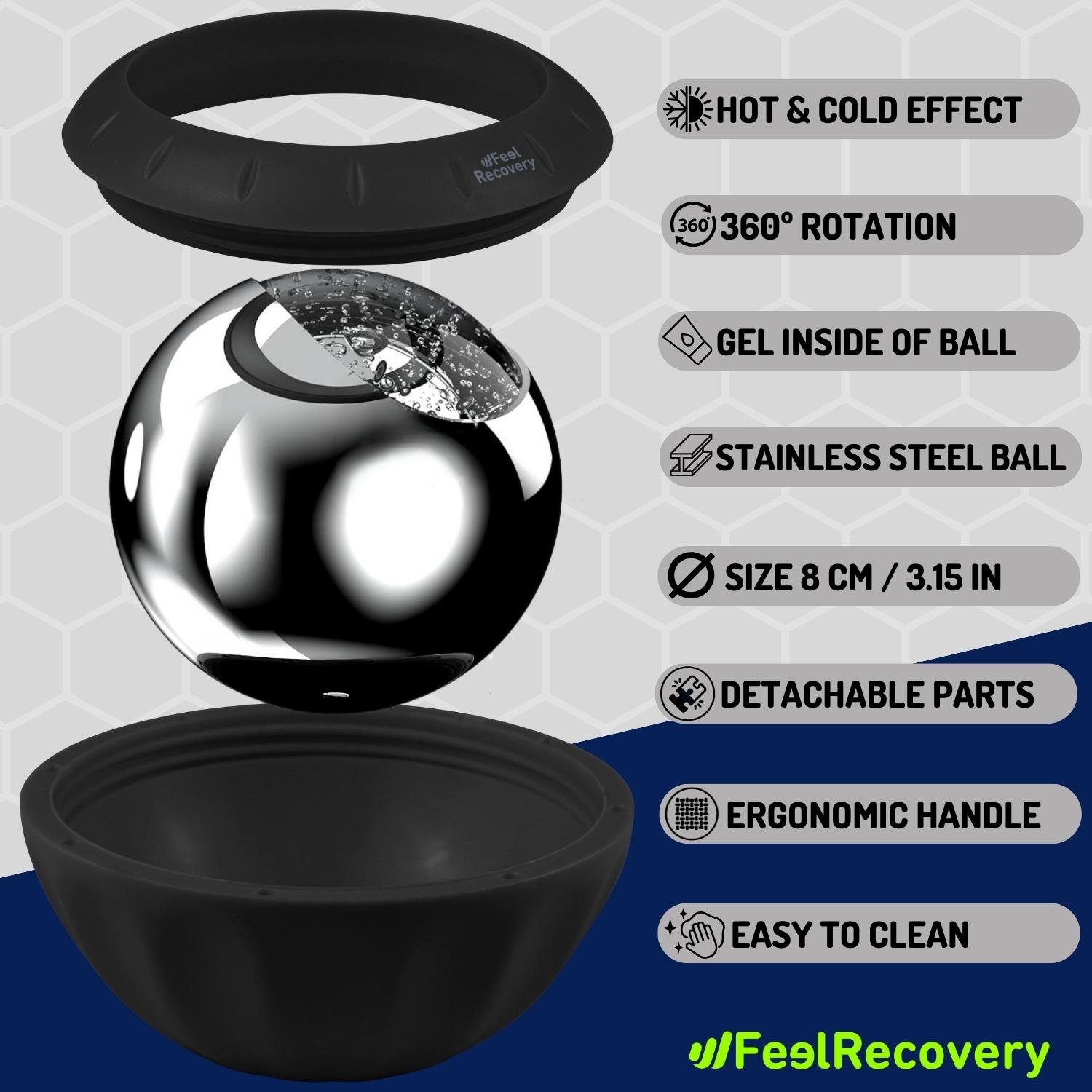
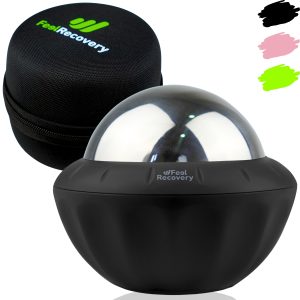
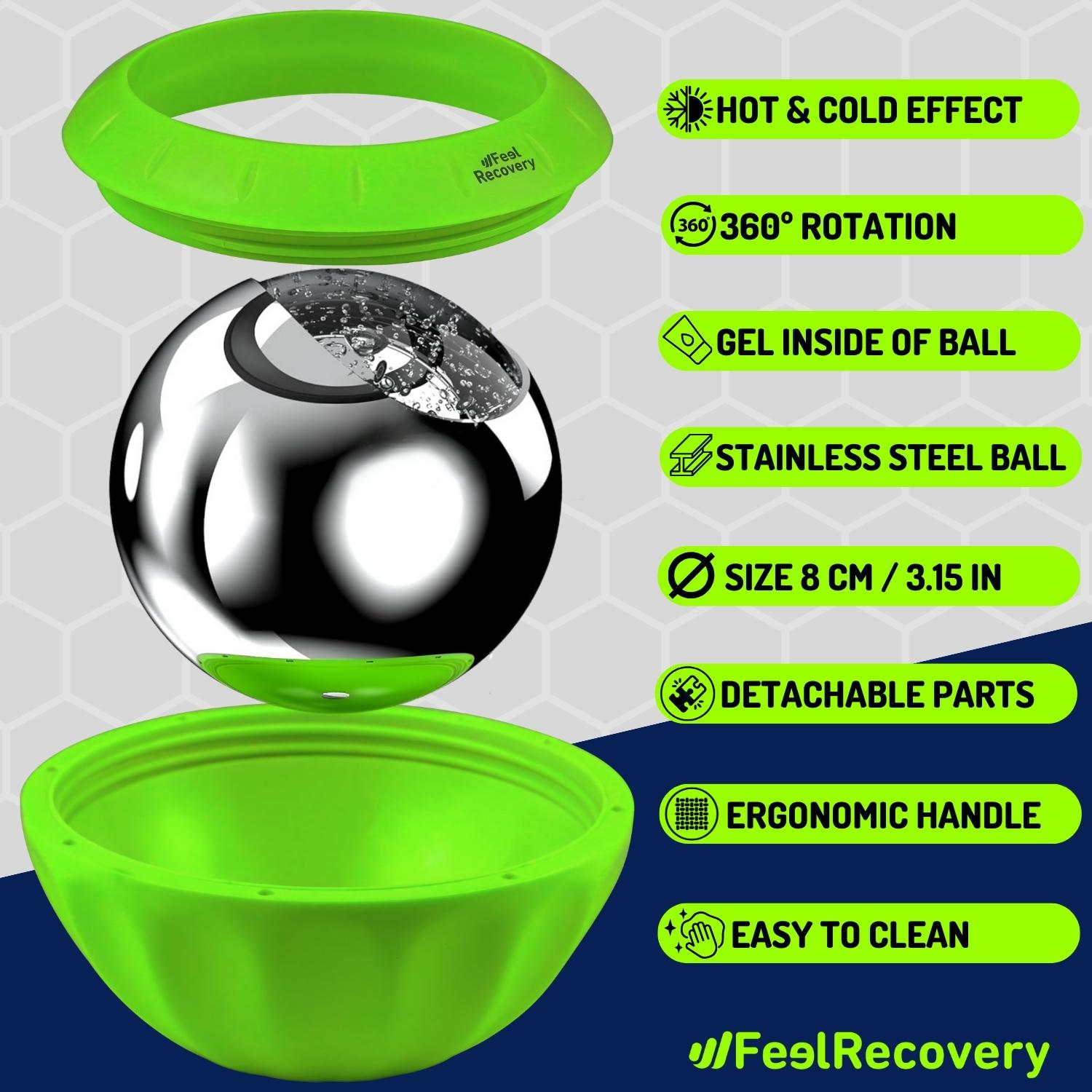
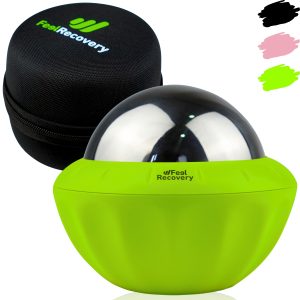
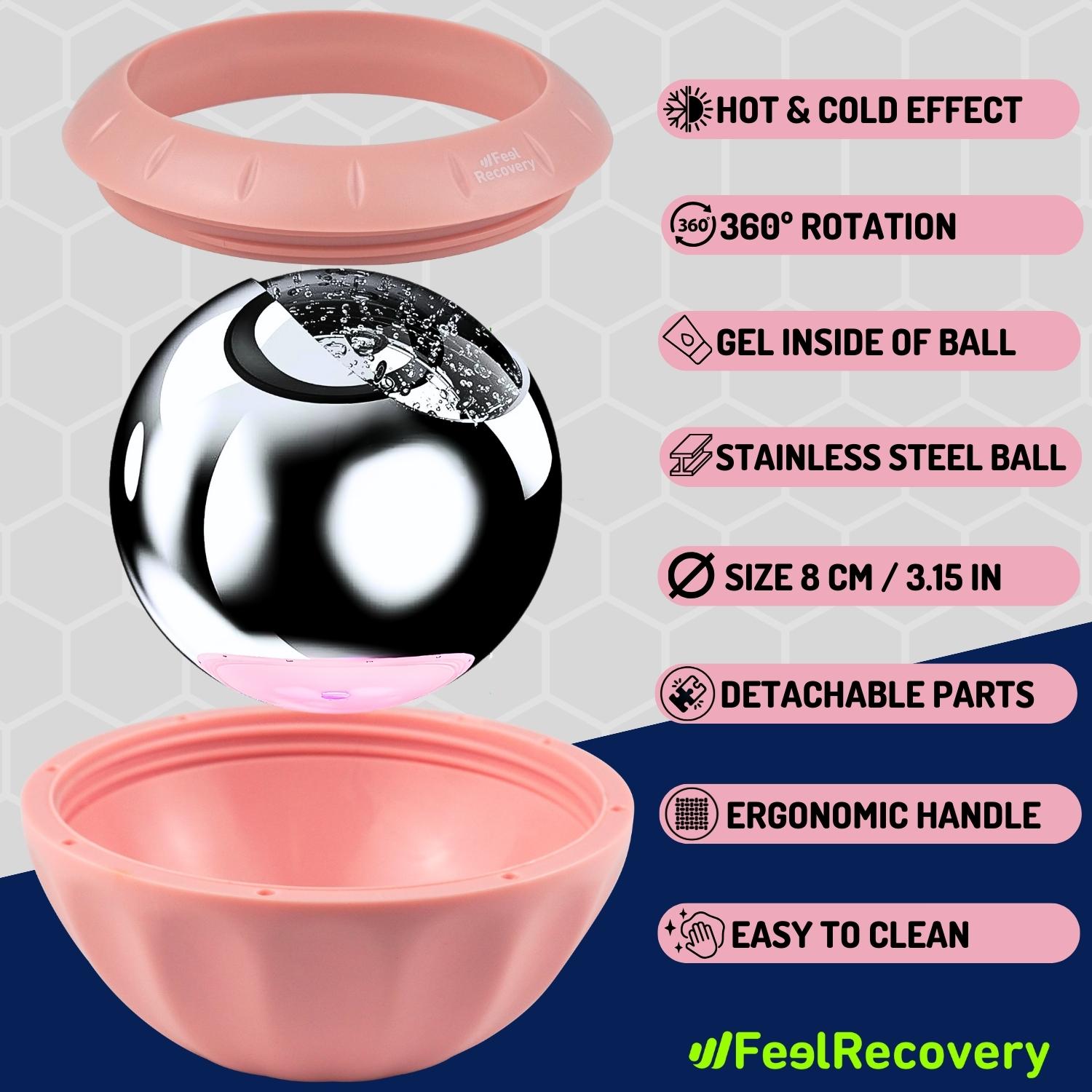
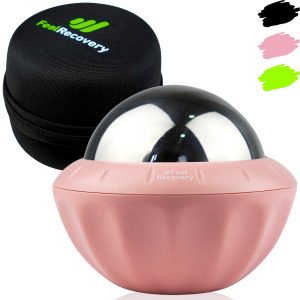
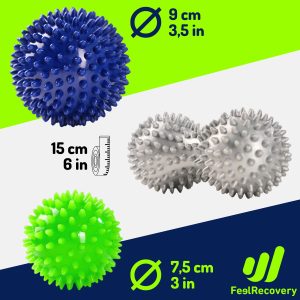
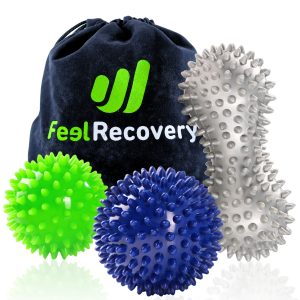
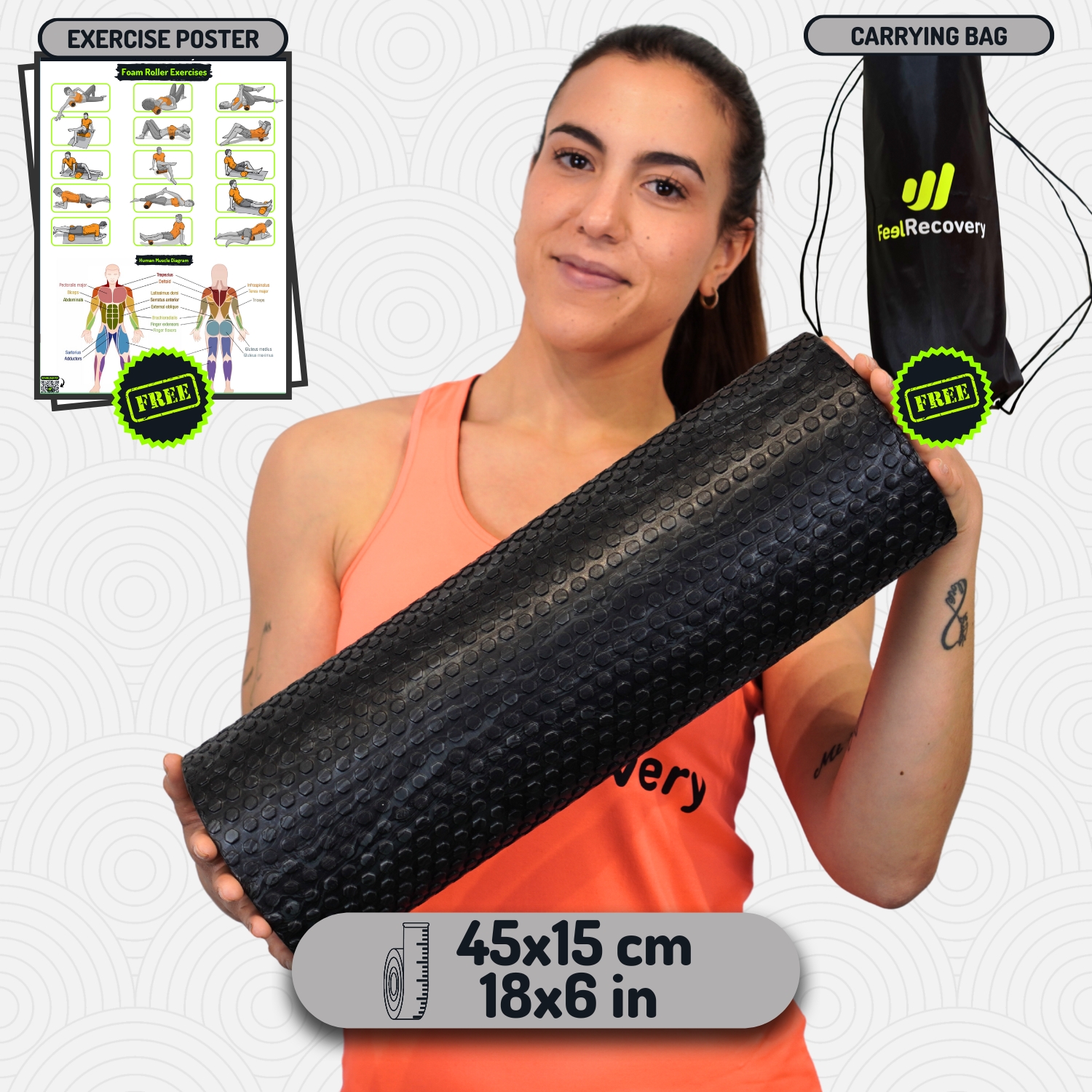
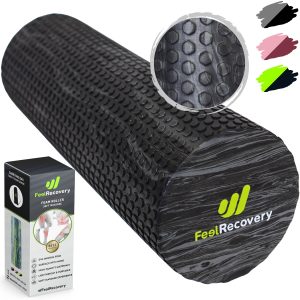
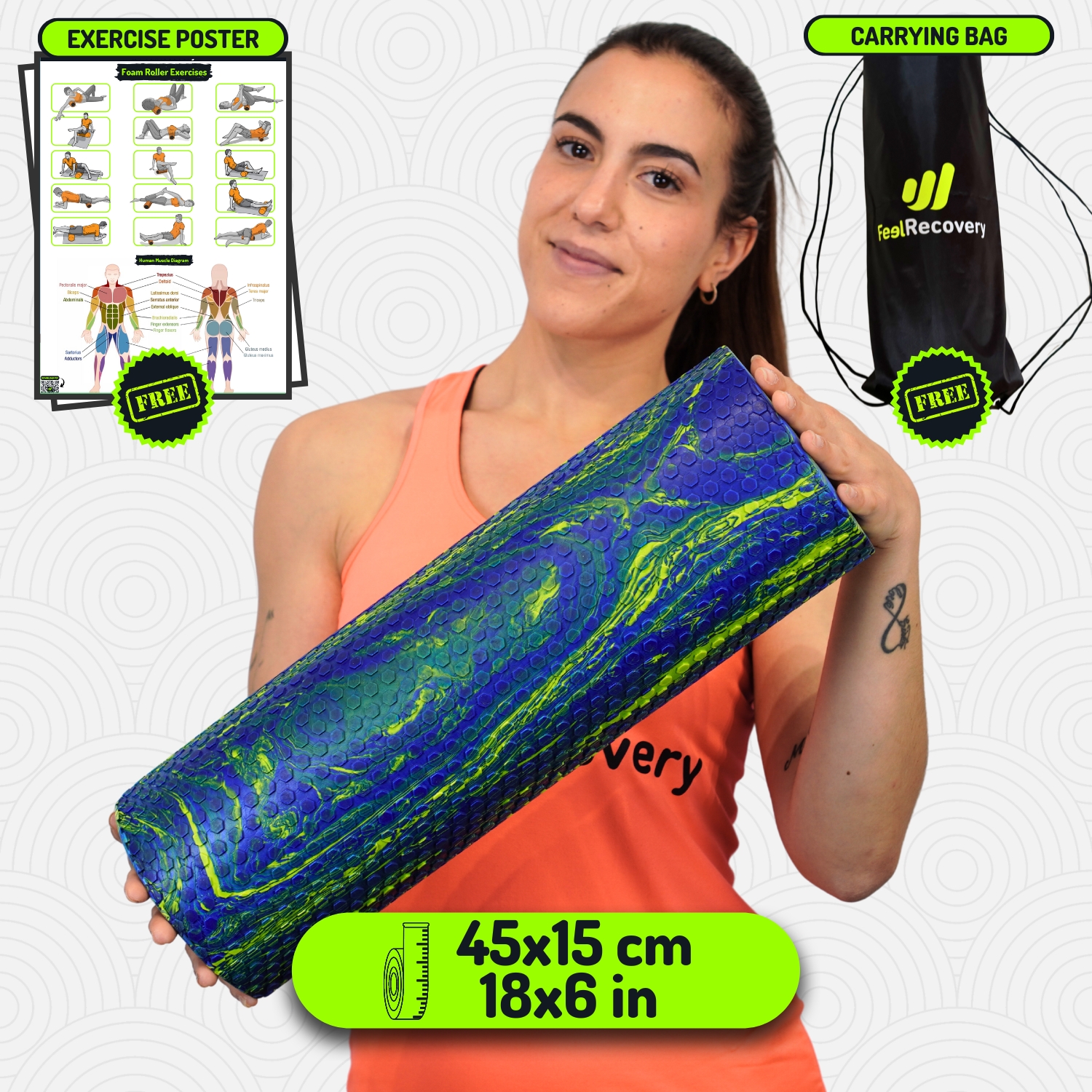
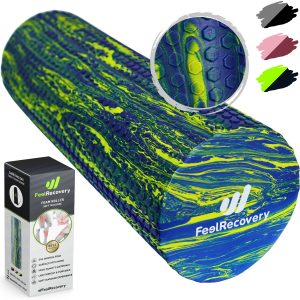
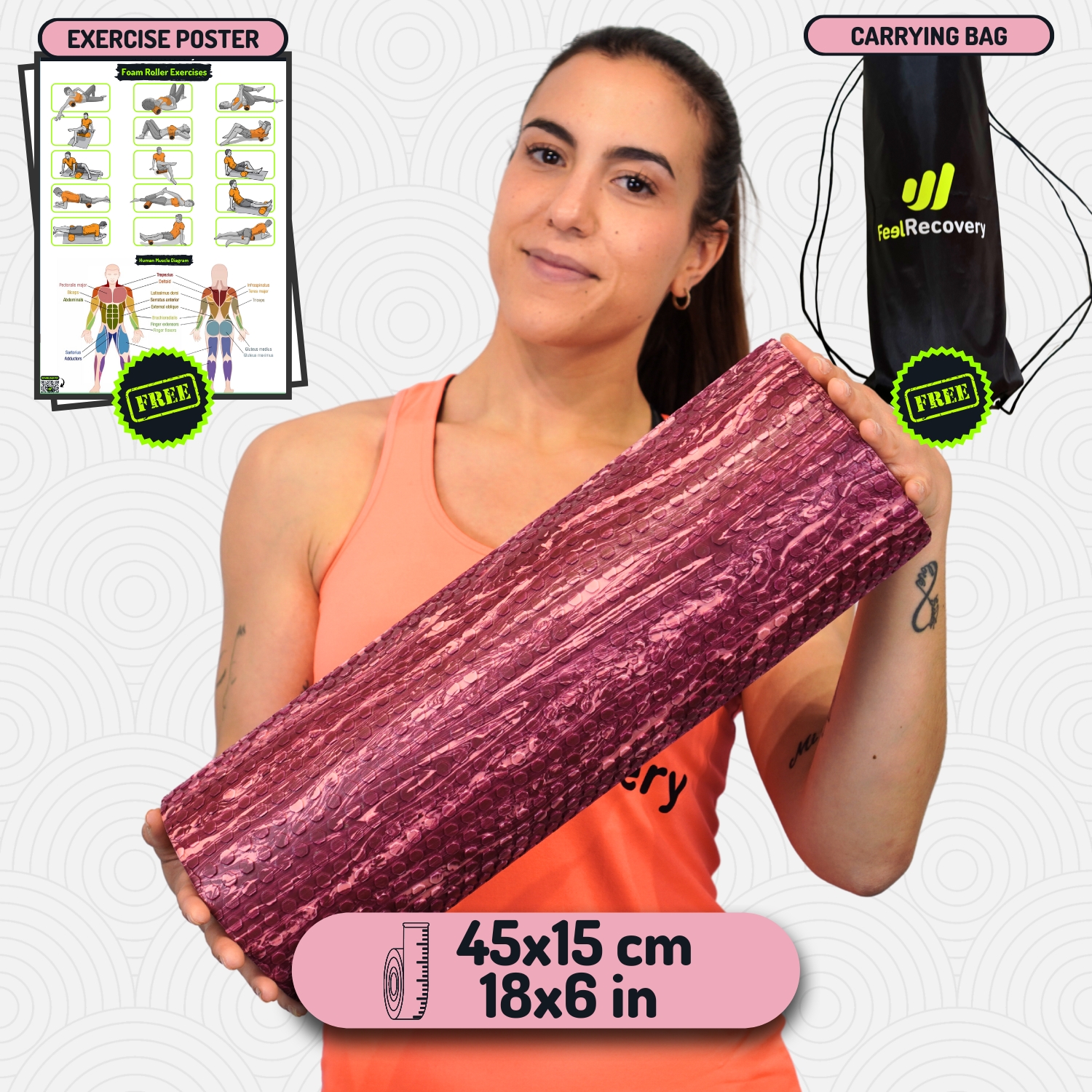
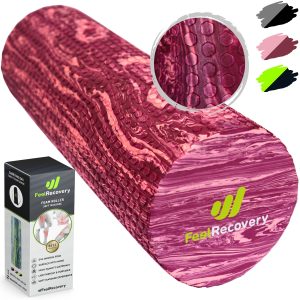
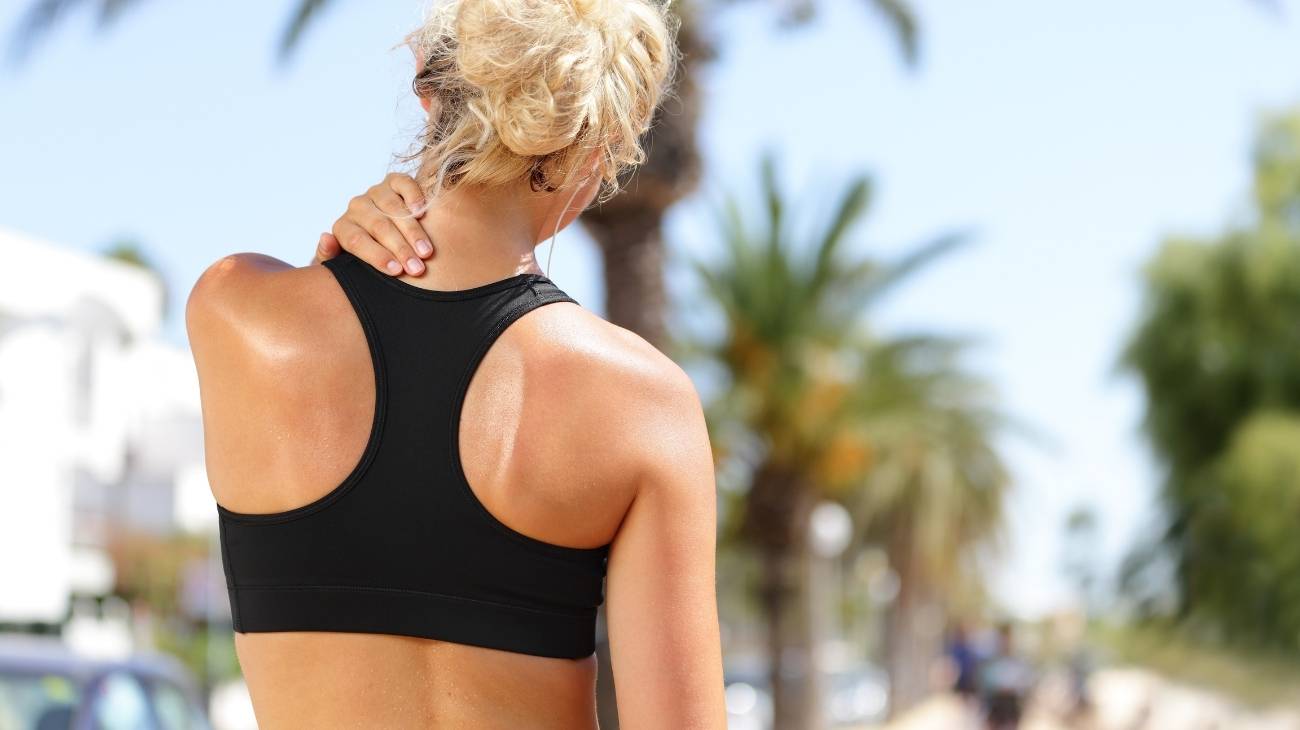
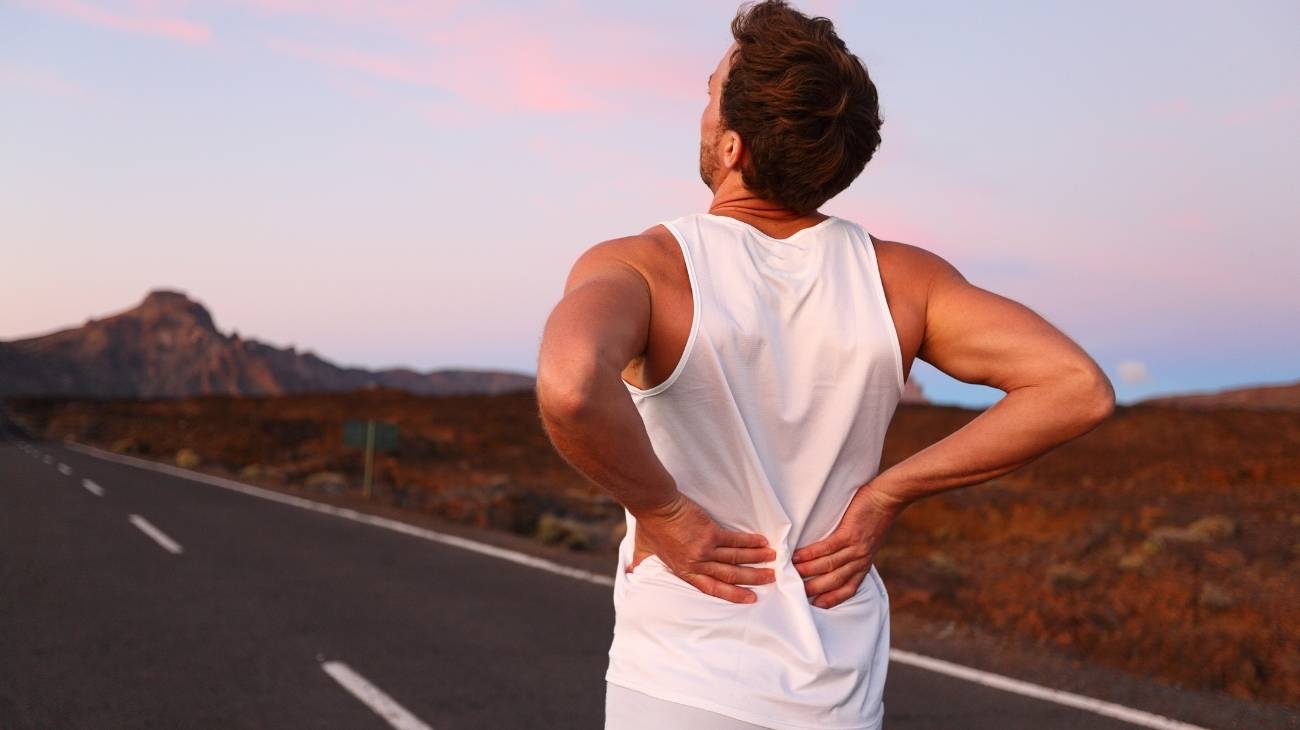
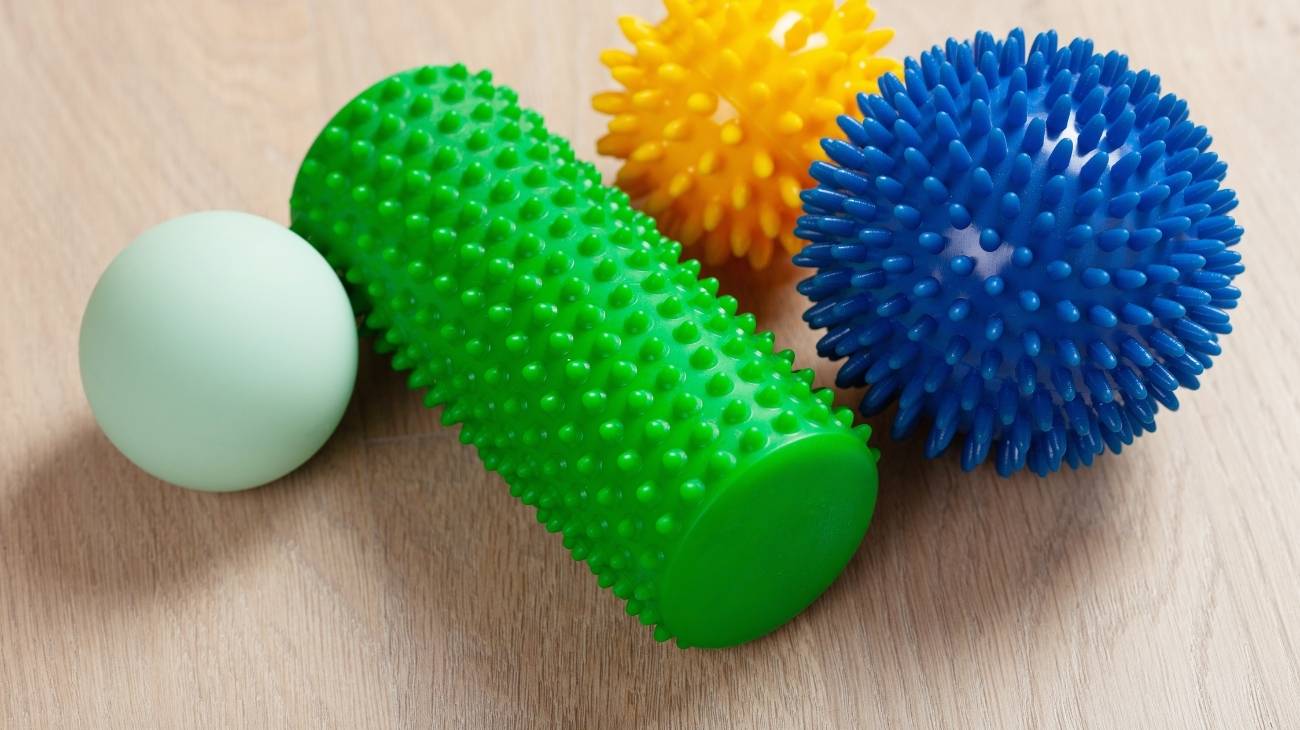
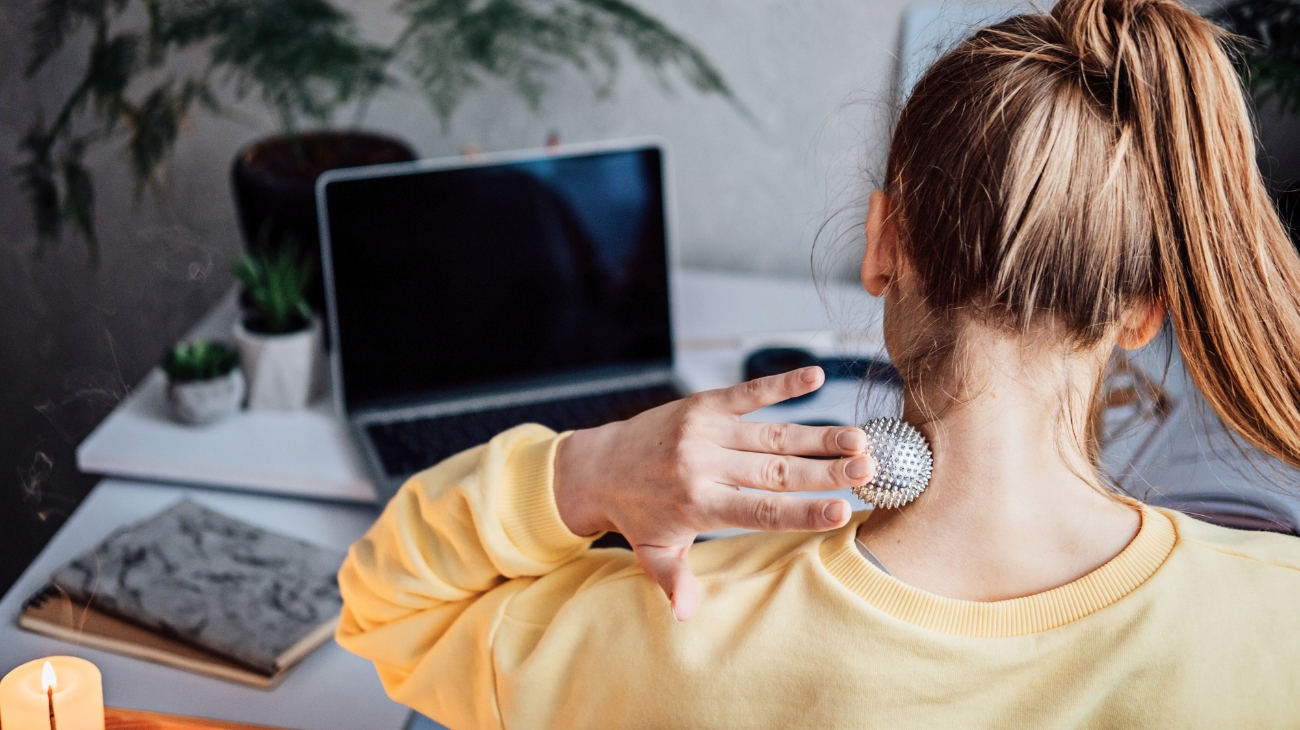
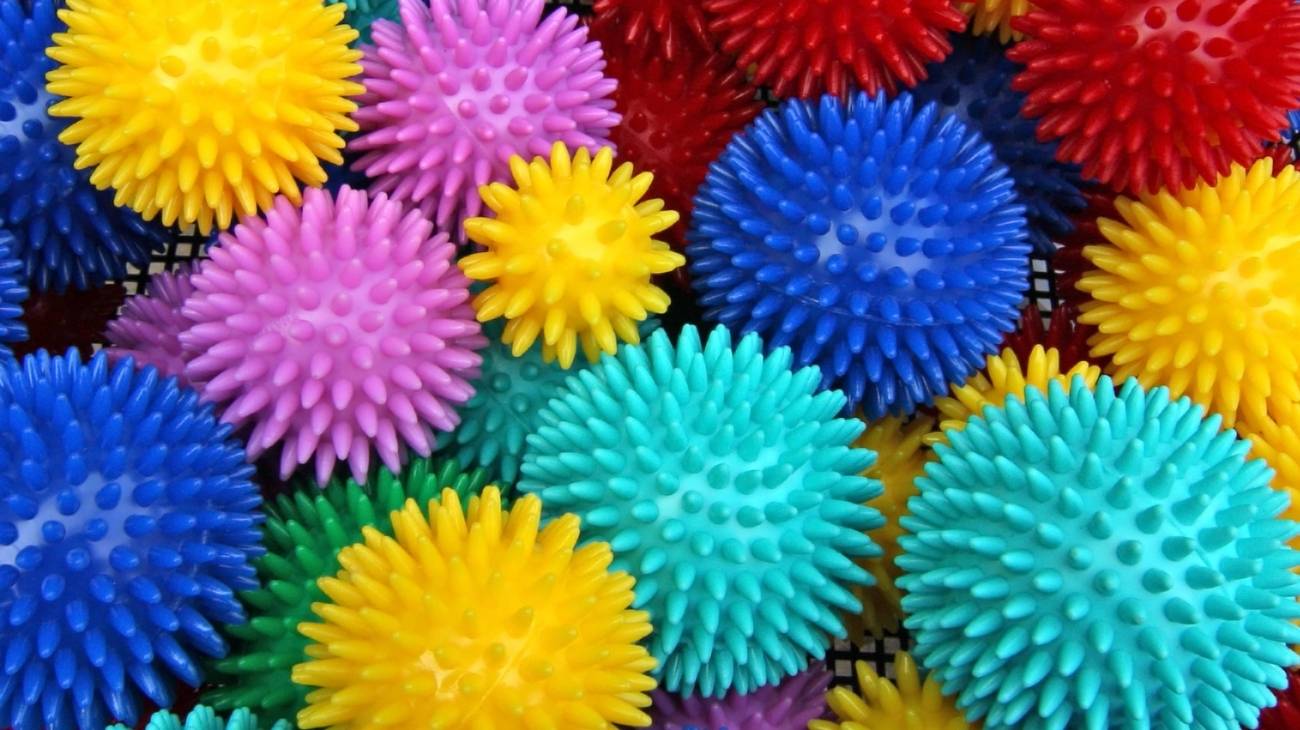
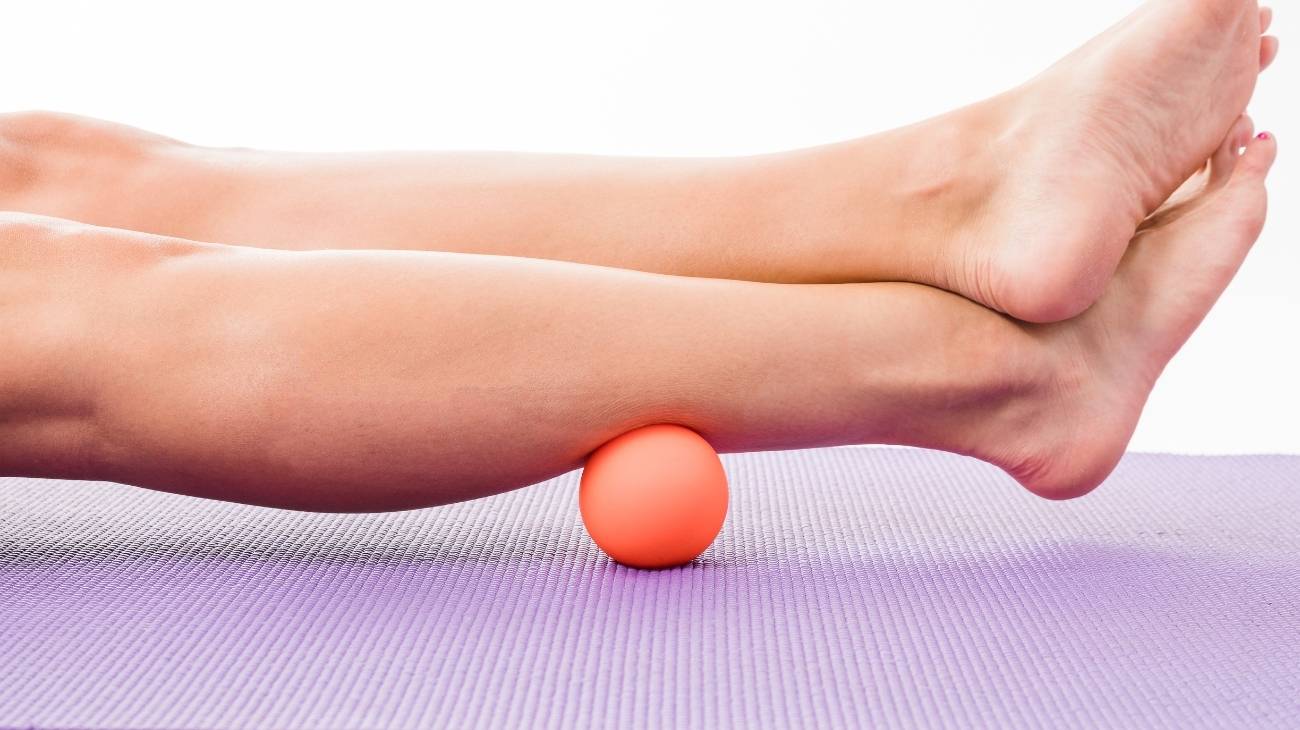
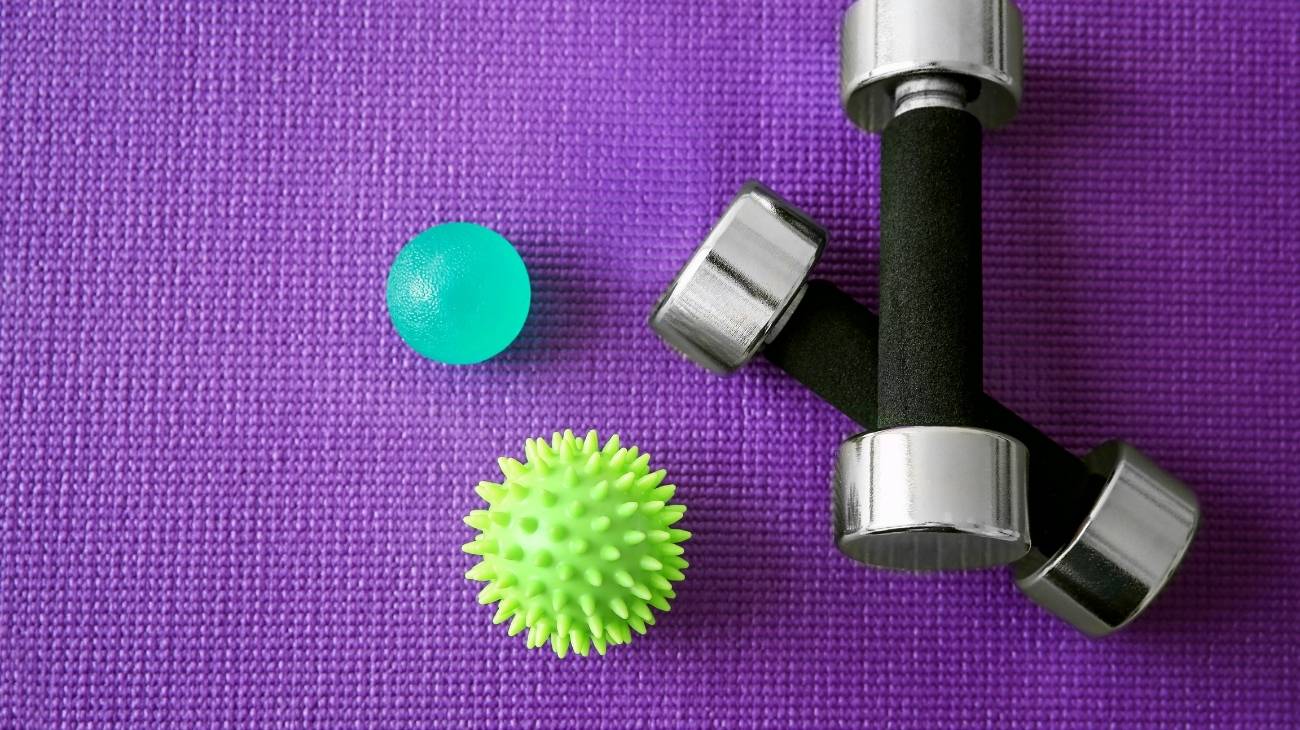
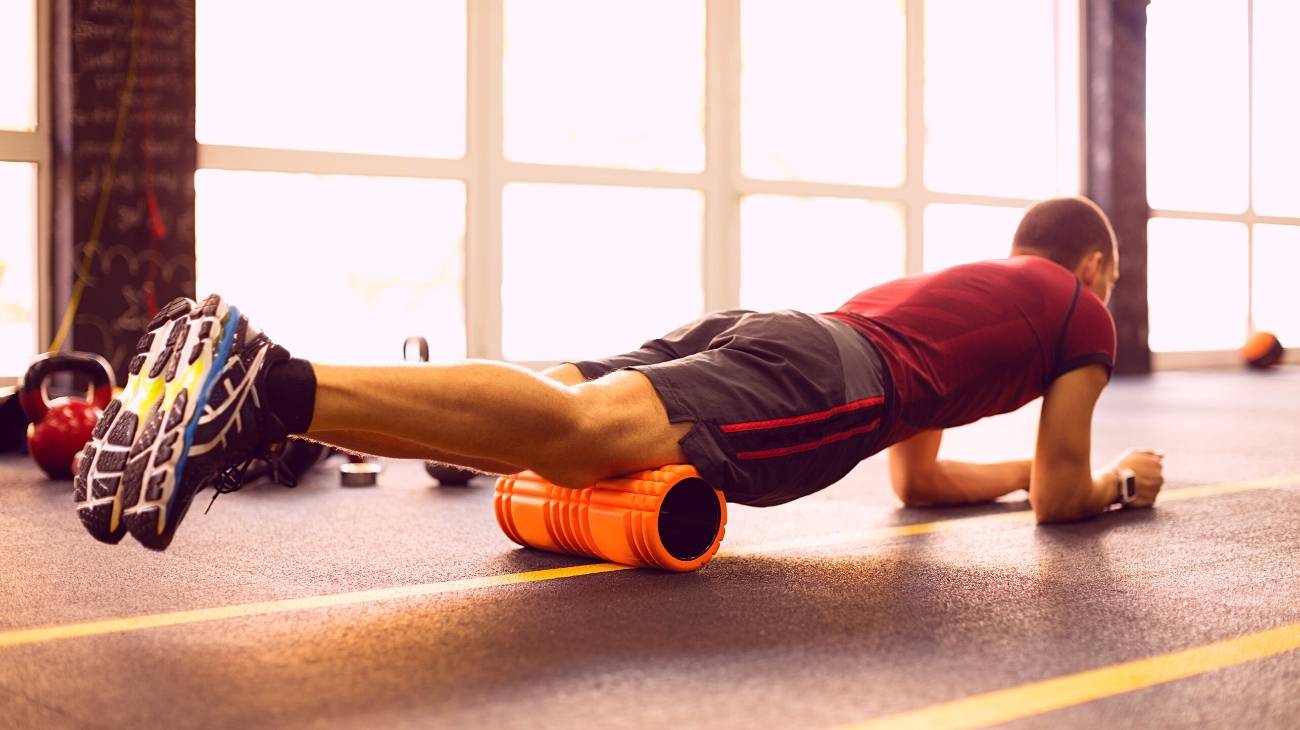
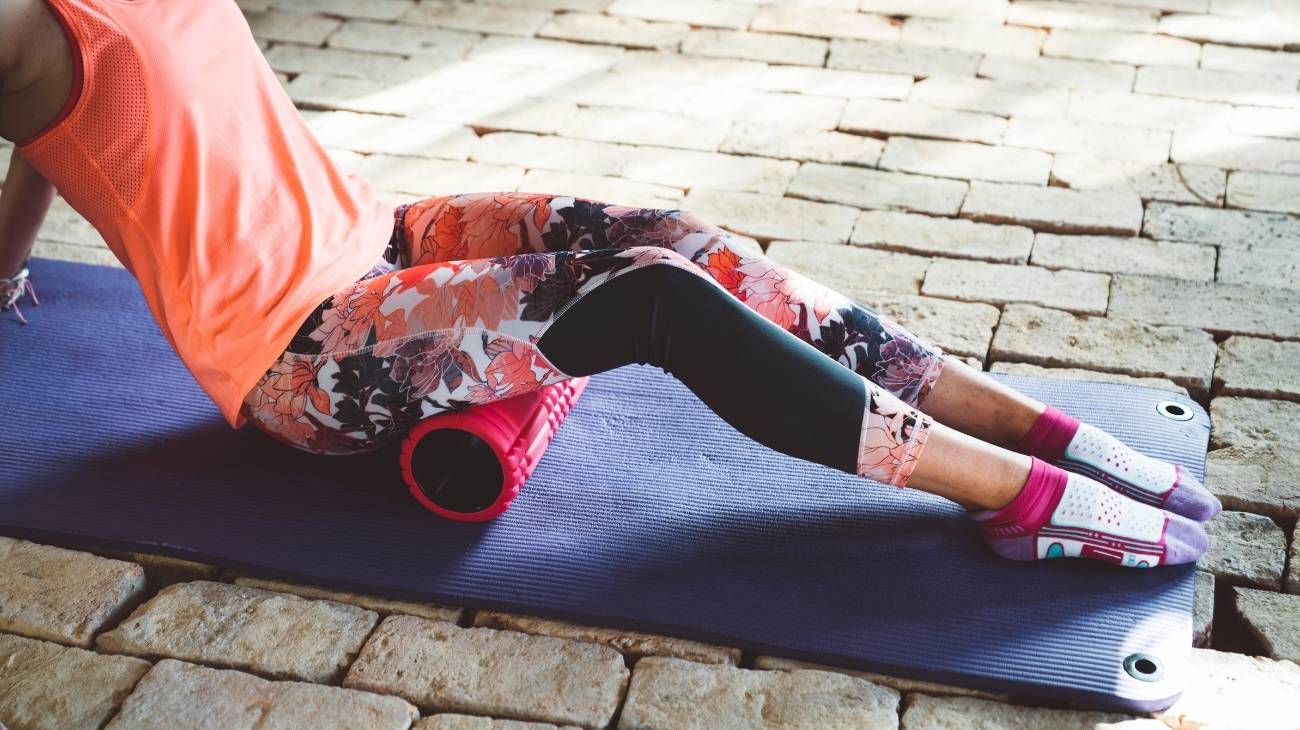
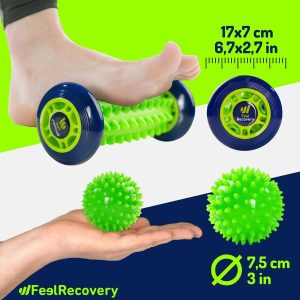
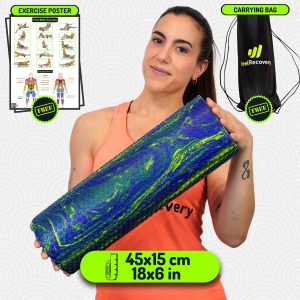
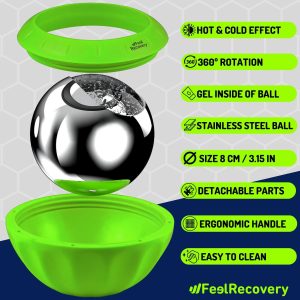
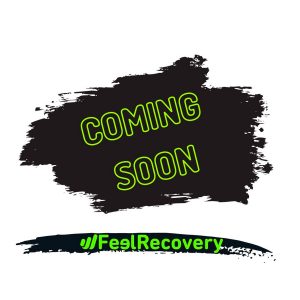
There are no reviews yet.